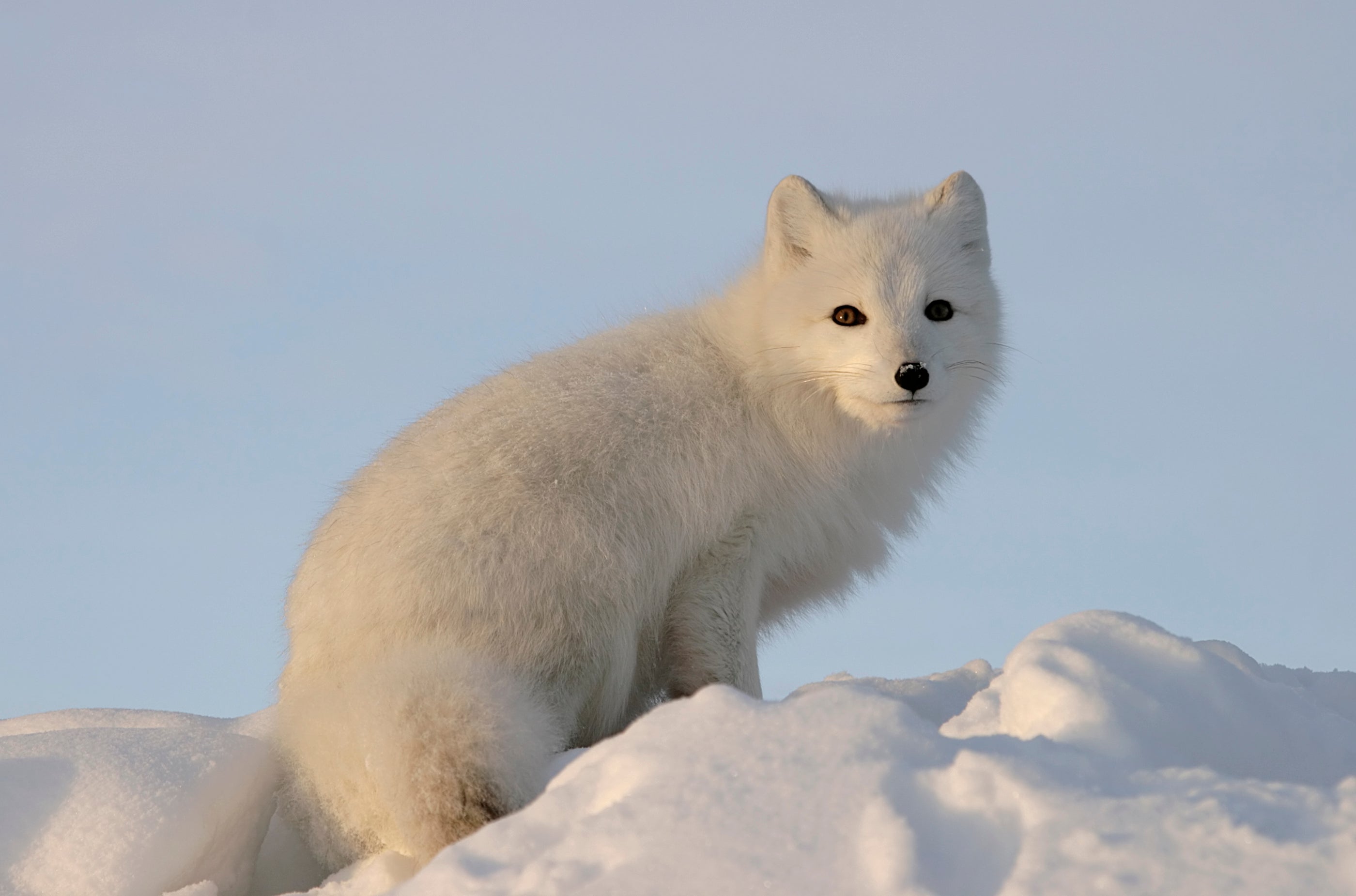Fox and chinchilla fur expected to plug gap in luxury fashion left by Denmark’s mink cull
‘We’ve already had more requests about foxes’

Fox and chinchilla fur are expected to fill the gap left at luxury fashion houses after Denmark culled all its mink – as many as 17 million – following Covid-19 outbreaks at hundreds of farms across the country.
The global fur trade, which is worth more than £16.5 billion, is coming to terms with the decimation of Denmark’s mink industry, the world’s biggest producer of the fur, after a new strain of the virus was discovered in the animals.
Fears of a sudden shortage of the pelts have seen prices soar by as much as 30 per cent in Asia, the International Fur Federation (IFF) has said.
The “controlled shutdown” of the world’s largest fur auction house Kopenhagen Fur for the next two to three years has driven business to Finnish auction house Saga Furs, which is set to hold an international online sale next week where one million mink and 250,000 fox pelts are up for grabs.
In addition to mink fur, a sales programme advertises “Silver Fox”, ‘White Finnraccoon” and Russian sable for purchase.
“We’ve already had more requests about foxes, if people see that there is a lack of mink, they could consider using something else,” Saga Furs CEO Magnus Ljung told Reuters.
“The market will strengthen, an increase in prices will help our business in general.”
Else Skjold, head of fashion at the Royal Danish Academy, thinks foreign competitors will fill the gap left by Denmark.
“They will invest hugely in expanding mink farming in China, I suspect,” she told the BBC.
Adding that while the practice is controversial, standards on Danish farms were high, leading to fears that animal welfare standards could fall.
“We will see farming in less regulated and less controlled countries,” she said.
In recent years, fashion brands including Gucci, Chanel, Versace, Armani, Prada and Coach have all gone fur-free.
And, in 2018, London Fashion Week banned fur from its catwalks.
“Fur farms are not only the cause of immense and unnecessary animal suffering, they are also ticking time bombs for deadly diseases,” Dr Joanna Swabe from the Humane Society International said.
Subscribe to Independent Premium to bookmark this article
Want to bookmark your favourite articles and stories to read or reference later? Start your Independent Premium subscription today.

Join our commenting forum
Join thought-provoking conversations, follow other Independent readers and see their replies